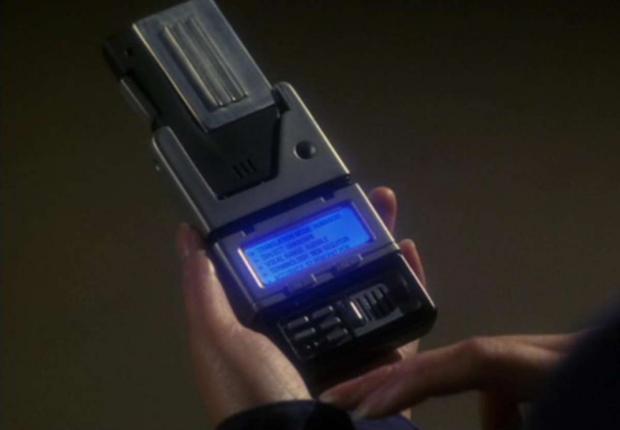
Breaking News
 Former White House Advisor: "Trump to Release $150 Trillion Endowment"
Former White House Advisor: "Trump to Release $150 Trillion Endowment"
 The Mayo Clinic just tried to pull a fast one on the Trump administration...
The Mayo Clinic just tried to pull a fast one on the Trump administration...
 'Cyborg 1.0': World's First Robocop Debuts With Facial Recognition And 360° Camera Visio
'Cyborg 1.0': World's First Robocop Debuts With Facial Recognition And 360° Camera Visio
 Dr. Aseem Malhotra Joins Alex Jones Live In-Studio! Top Medical Advisor To HHS Sec. RFK Jr. Gives...
Dr. Aseem Malhotra Joins Alex Jones Live In-Studio! Top Medical Advisor To HHS Sec. RFK Jr. Gives...
Top Tech News
 'Cyborg 1.0': World's First Robocop Debuts With Facial Recognition And 360° Camera Visio
'Cyborg 1.0': World's First Robocop Debuts With Facial Recognition And 360° Camera Visio
 The Immense Complexity of a Brain is Mapped in 3D for the First Time:
The Immense Complexity of a Brain is Mapped in 3D for the First Time:
 SpaceX, Palantir and Anduril Partnership Competing for the US Golden Dome Missile Defense Contracts
SpaceX, Palantir and Anduril Partnership Competing for the US Golden Dome Missile Defense Contracts
 US government announces it has achieved ability to 'manipulate space and time' with new tech
US government announces it has achieved ability to 'manipulate space and time' with new tech
 Scientists reach pivotal breakthrough in quest for limitless energy:
Scientists reach pivotal breakthrough in quest for limitless energy:
 Kawasaki CORLEO Walks Like a Robot, Rides Like a Bike!
Kawasaki CORLEO Walks Like a Robot, Rides Like a Bike!
 World's Smallest Pacemaker is Made for Newborns, Activated by Light, and Requires No Surgery
World's Smallest Pacemaker is Made for Newborns, Activated by Light, and Requires No Surgery
 Barrel-rotor flying car prototype begins flight testing
Barrel-rotor flying car prototype begins flight testing
 Coin-sized nuclear 3V battery with 50-year lifespan enters mass production
Coin-sized nuclear 3V battery with 50-year lifespan enters mass production
 BREAKTHROUGH Testing Soon for Starship's Point-to-Point Flights: The Future of Transportation
BREAKTHROUGH Testing Soon for Starship's Point-to-Point Flights: The Future of Transportation
The Air Force Wants A Universal Translator

It's hard for a military to win hearts and minds if none of its members speak the local language. Humans who grew up speaking a language and joined the military are the best solution, followed closely by interpreters recruited locally. But that's not always possible, as there's sometimes a rarity of language speakers or a lack of safety guarantees for the interpreters. For this reason, the military wants a technology that can work as an interpreter in real time--a universal translator, if you will. Or perhaps a less-squirmy version of Douglas Adam's Babelfish. Last week, the Air Force Research Laboratory put out a solicitation for such a device. They're calling it, simply "Human Language Technologies."



